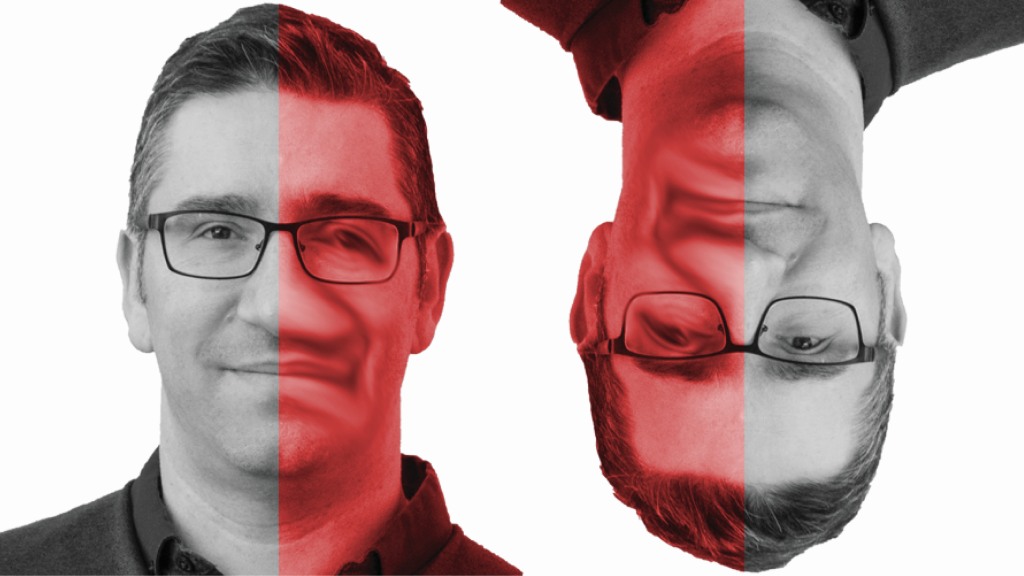PBS Professor and Department Chair Brad Duchaine's recent publication in Current Biology, "Face-Specific Perceptual Distortions Reveal A View- and Orientation-Independent Face Template," has been summarized and featured on several news sites including Science Daily, Neuroscience News, The Siasat Daily and NewsGram.
Results of the study, achieved through two experiments involving a man with hemi-prosopometamorphopsia, indicate that the human visual system encodes faces by using a face-centered frame of reference that is independent of view and orientation.
According to Duchaine, "Every time we see a face, the brain adjusts our representation of that face so its size, viewpoint, and orientation is matched to faces stored in memory, just like computer face recognition systems such as those used by Facebook and Google. By aligning the perceived face with faces stored in memory, it's much easier for us to determine whether the face is one we've seen before."
You can read Professor Duchaine's publication here.
